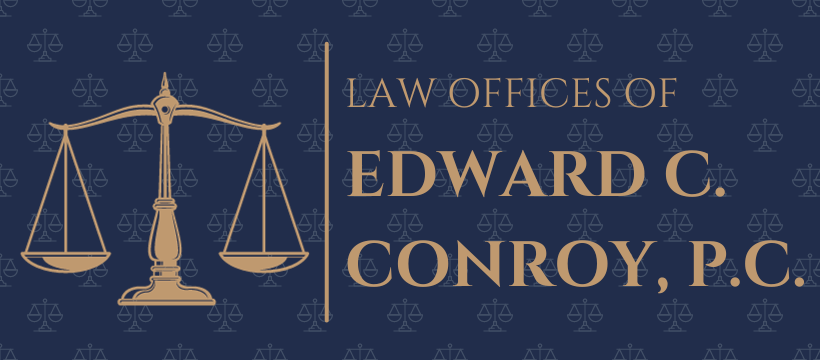The necessity for clients to maintain the relevance of their estate plans cannot be
overstated. One of the most significant errors individuals commit in the realm of
estate planning, aside from not having a plan at all, is allowing an existing plan to
become outdated. An obsolete plan is incapable of achieving its intended goals
and may inadvertently result in undesirable consequences. For instance, it could
lead to the unintended allocation of an inheritance to a former spouse rather than
the current one.
I advise my clients to conduct a thorough review of their plans every three years, at
the very least. However, if life-altering events have transpired since the plan’s
inception, immediate updates are imperative. These events may include substantial
changes in financial or health status, the passing of a spouse, divorce, remarriage,
or alterations in the individuals initially designated to make crucial decisions
regarding medical and financial matters in case of incapacity (such as the Agent
specified in a Health Care Proxy).
Moreover, shifts in the circumstances of beneficiaries should not be overlooked.
For instance, a son or daughter may have undergone a divorce, remarriage, started
their own family, or encountered other significant life events that impact what one
would like to bequeath to them.
If such changes have occurred in the lives of your clients, it is crucial to remind
them of the paramount importance of updating their estate plans.

